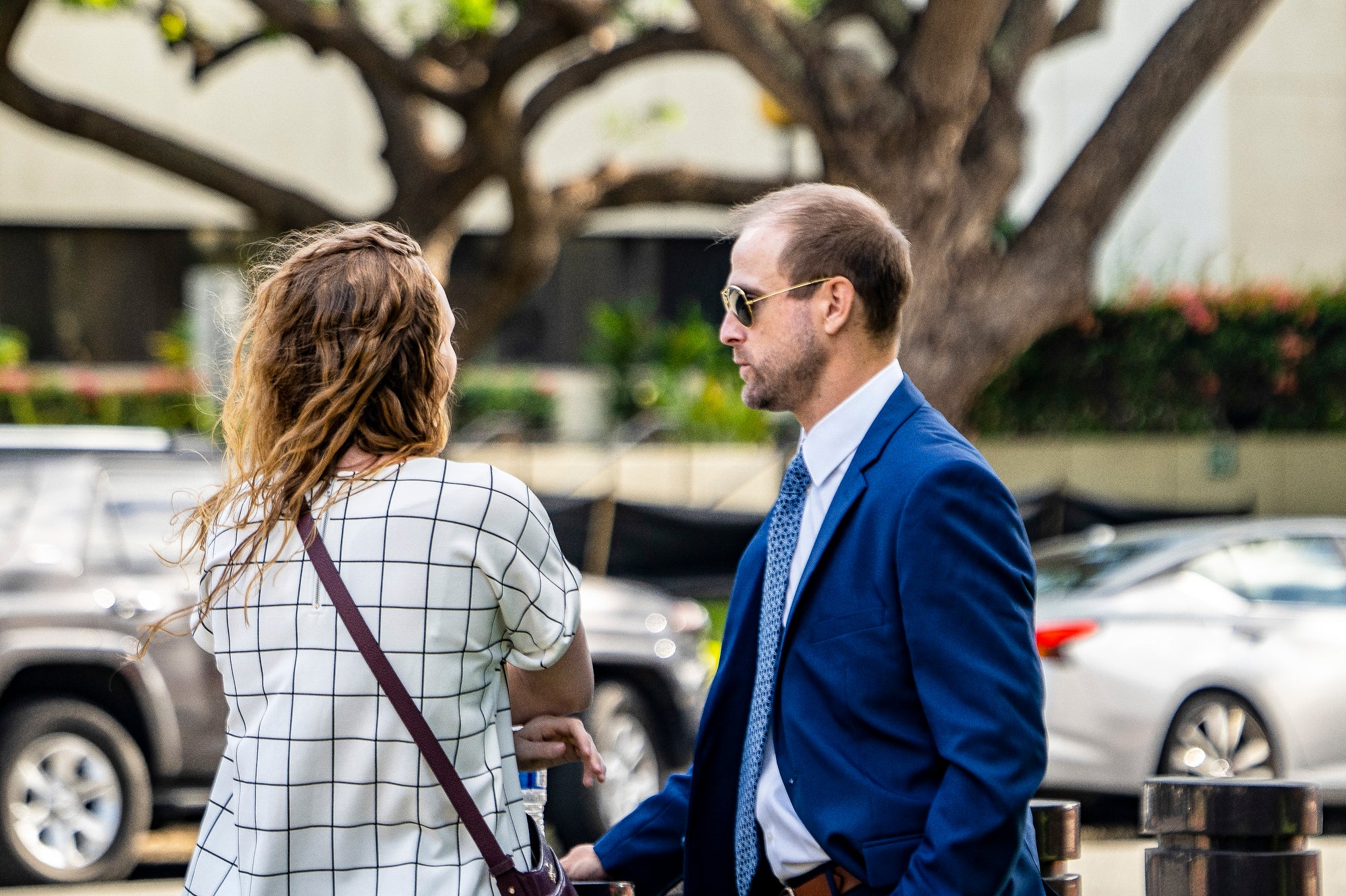At trial, man accused of assaulting woman at US research station in Antarctica denies hurting her
A man accused of assaulting a woman at a U.S. research station in Antarctica last year is denying hurting her during a physical altercation

Your support helps us to tell the story
From reproductive rights to climate change to Big Tech, The Independent is on the ground when the story is developing. Whether it's investigating the financials of Elon Musk's pro-Trump PAC or producing our latest documentary, 'The A Word', which shines a light on the American women fighting for reproductive rights, we know how important it is to parse out the facts from the messaging.
At such a critical moment in US history, we need reporters on the ground. Your donation allows us to keep sending journalists to speak to both sides of the story.
The Independent is trusted by Americans across the entire political spectrum. And unlike many other quality news outlets, we choose not to lock Americans out of our reporting and analysis with paywalls. We believe quality journalism should be available to everyone, paid for by those who can afford it.
Your support makes all the difference.A man accused of assaulting a woman at a U.S. research station in Antarctica testified at his trial Wednesday that he never hurt her during a physical altercation in a dorm lounge last year.
Stephen Tyler Bieneman has pleaded not guilty to misdemeanor assault over the incident at McMurdo Station.
Bieneman got on top of a woman who had taken his nametag from his coat as a joke, pinned her down and put his shin across he throat, preventing her from being able to breathe, Assistant U.S. Attorney Mohammad Khatib told jurors at the start of trial this week in U.S. District Court in Honolulu.
Bieneman, who worked as a field safety coordinator conducting searches and rescues, testified that the woman “kind of immediately got in my face” when he returned to the lounge after celebrating his birthday and Thanksgiving with a group. She cursed at him and was upset she wasn't invited to the gathering, he said.
At one point he left the lounge to return the key to the hut he used for the party. When he came back, he noticed one of the alcoholic seltzers he left behind was open. He said he asked the woman if she took it and she said she also took his nametag.
“I said, ‘hey that’s not cool ... please give it back,'” Bieneman testified. “She said, ‘you’re going to have to fight me for it.'”
She grabbed his arms and fell onto her back while holding on to him, he told the court.
“She was using all of her strength against me to prevent me from getting my nametag back,” he said.
He denied putting his shin on her neck.
“Not only did I not assault her I was trying my absolute hardest not to hurt her," he said.
An Associated Press investigation in August uncovered a pattern of women at McMurdo who said their claims of sexual harassment or assault were minimized by their employers, often leading to them or others being put in further danger.
Dr. Christopher Martinez, the physician who later examined the woman, testified Wednesday that he had expressed doubts that she was assaulted.
Under cross-examination by Khatib, the doctor denied trivializing her complaints of pain.
After the incident, Bieneman was then sent to a remote icefield where he was tasked with protecting the safety of a professor and three young graduate students, and he remained there for a full week after a warrant for his arrest was issued, documents obtained by AP show.
The National Science Foundation declined to answer AP's questions about why Bieneman was sent out into the field in a critical safety role while under investigation. The case raises further questions about decision-making in the U.S. Antarctic Program, which is under scrutiny.
Last week, the watchdog office overseeing the NSF said it was sending investigators to McMurdo this month as it expands its investigative mission to include alleged crimes such as sexual assault and stalking.